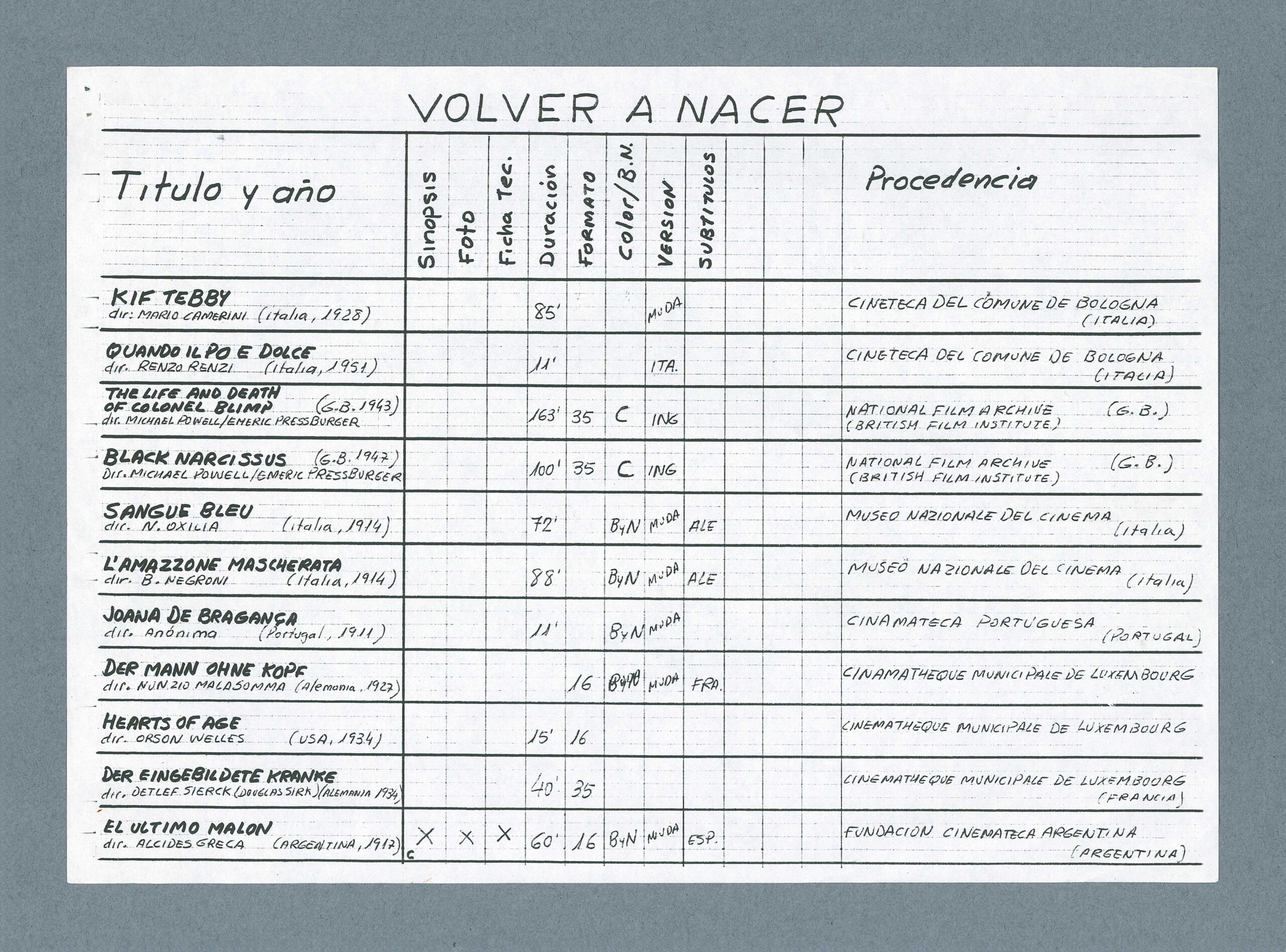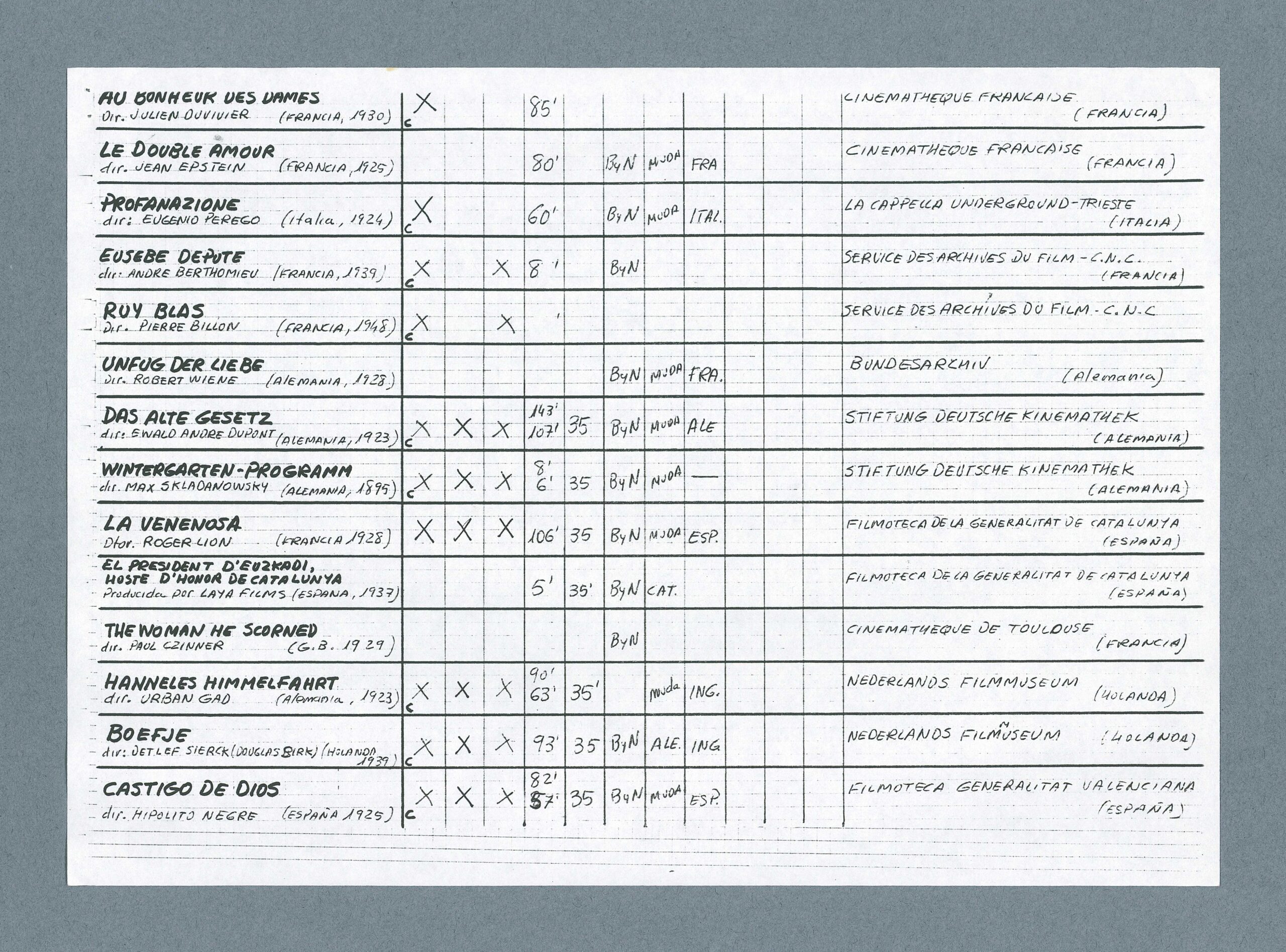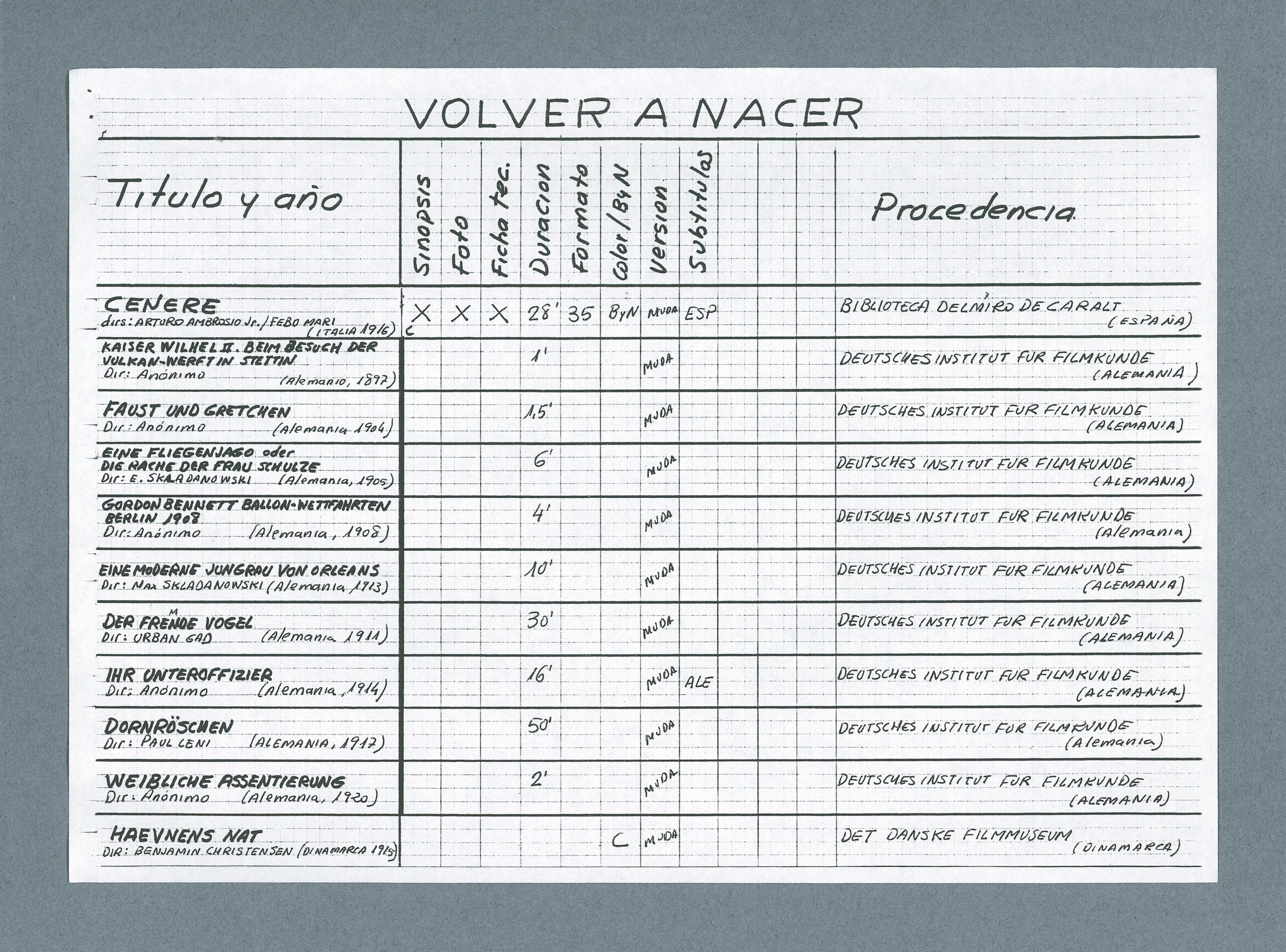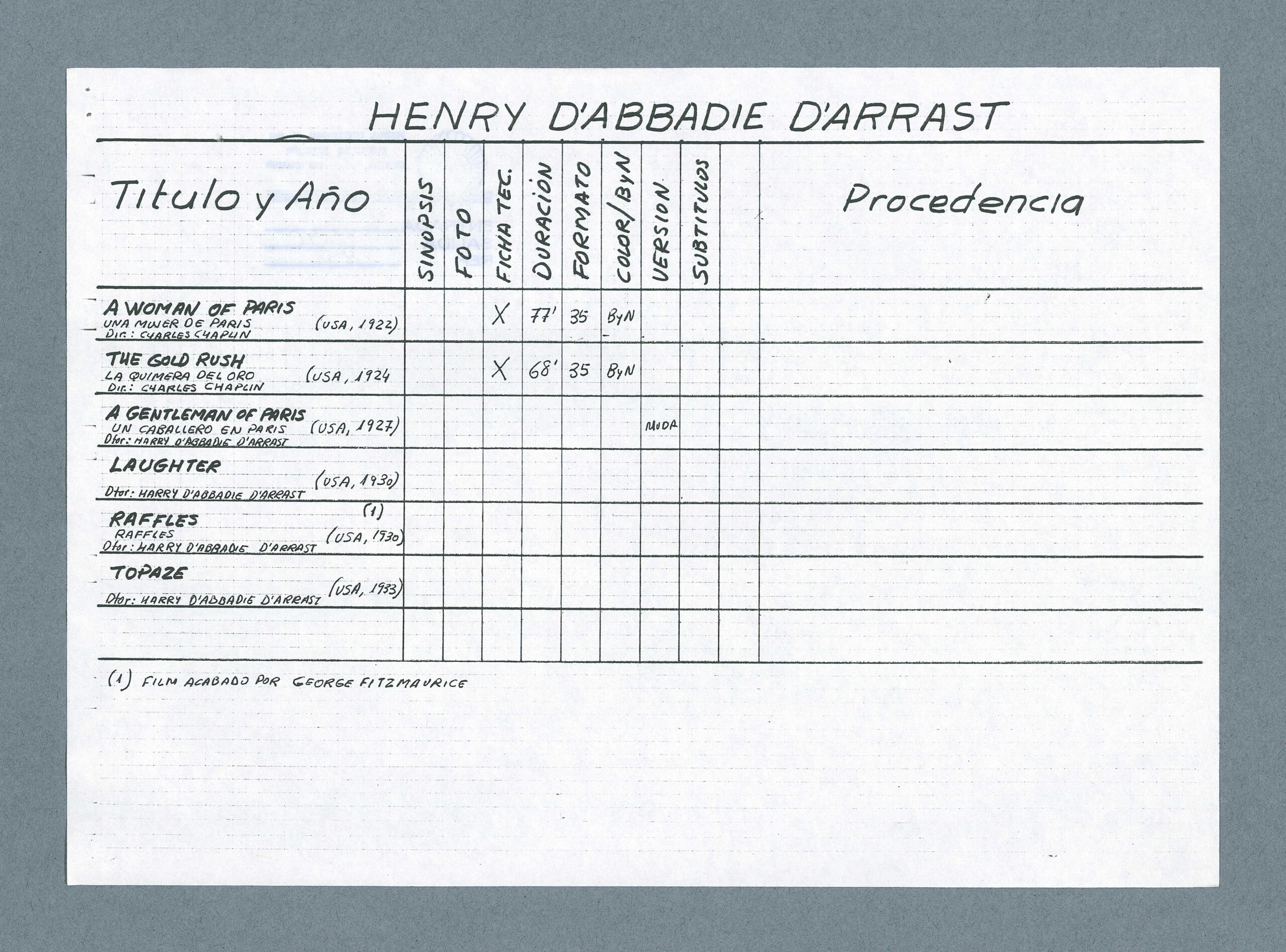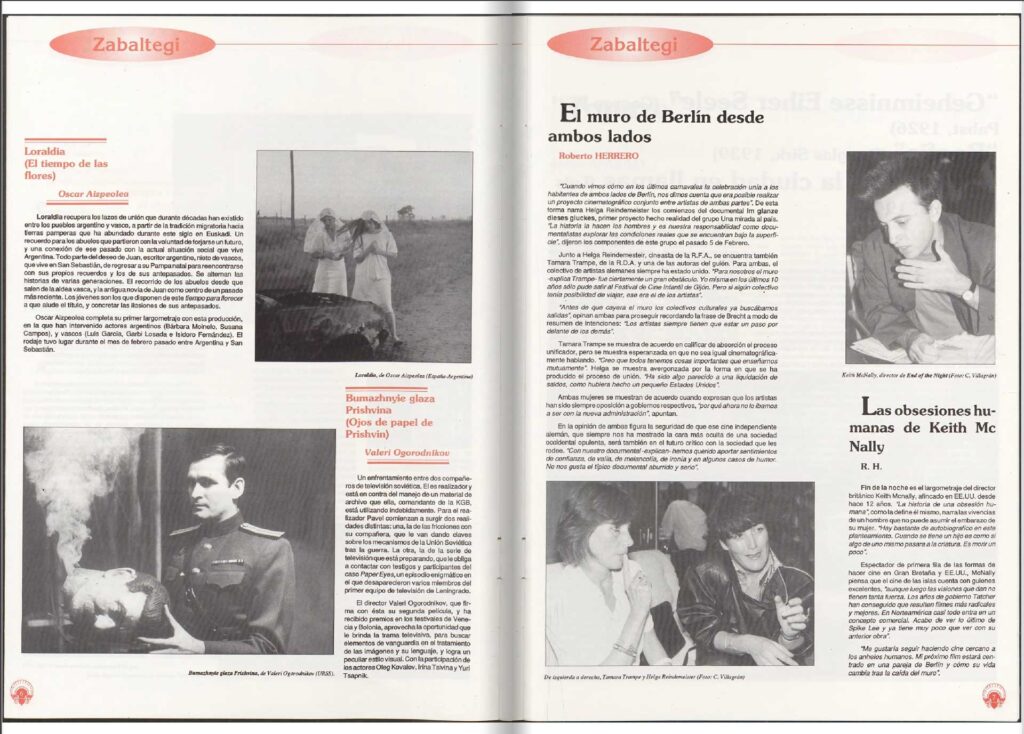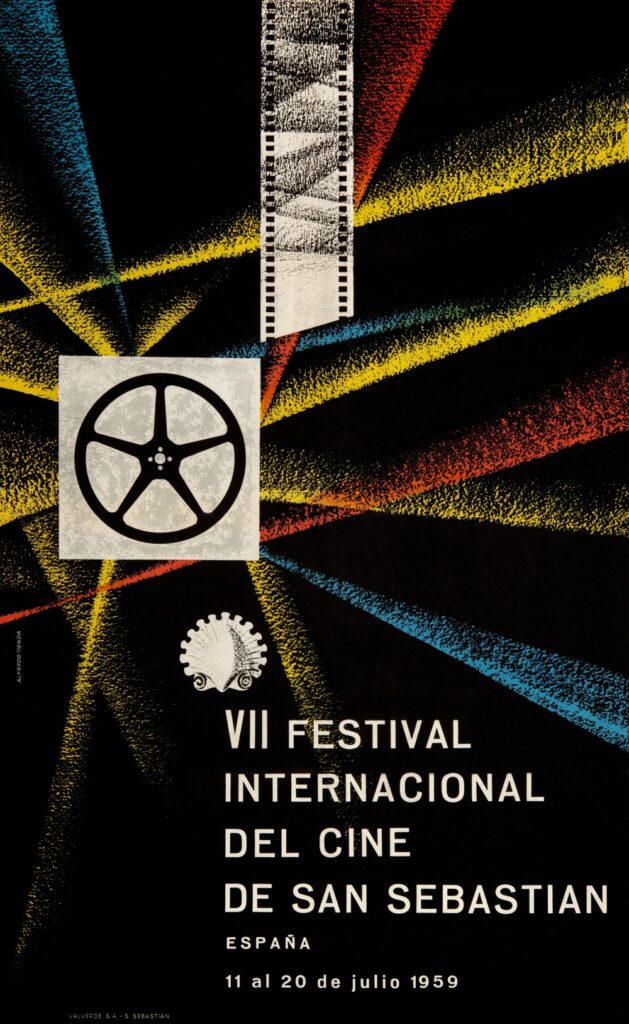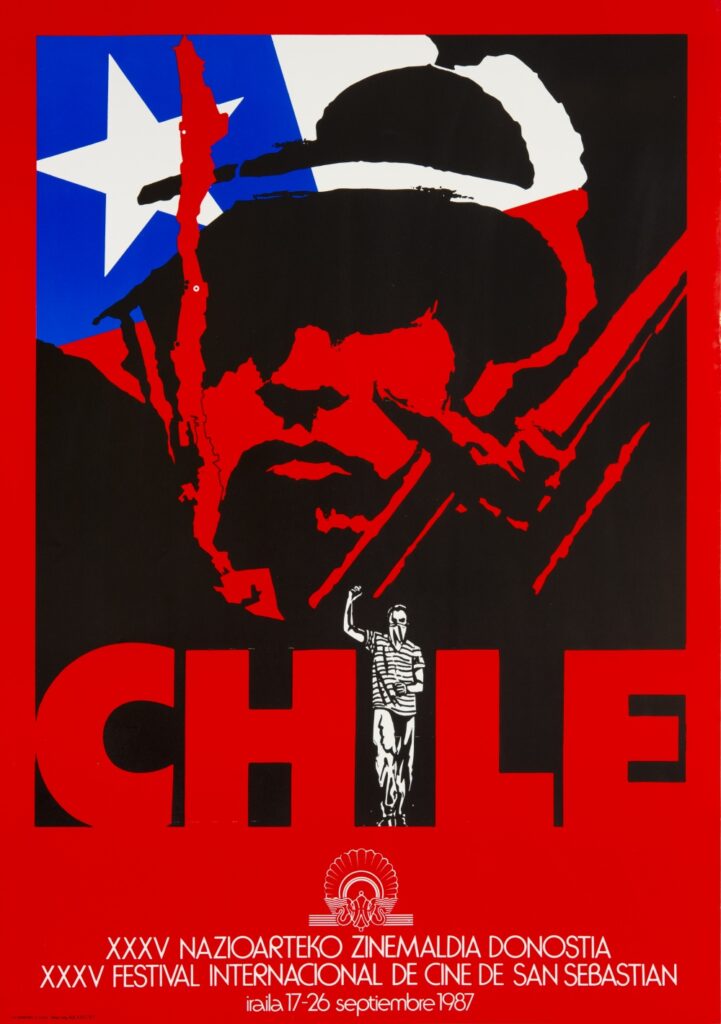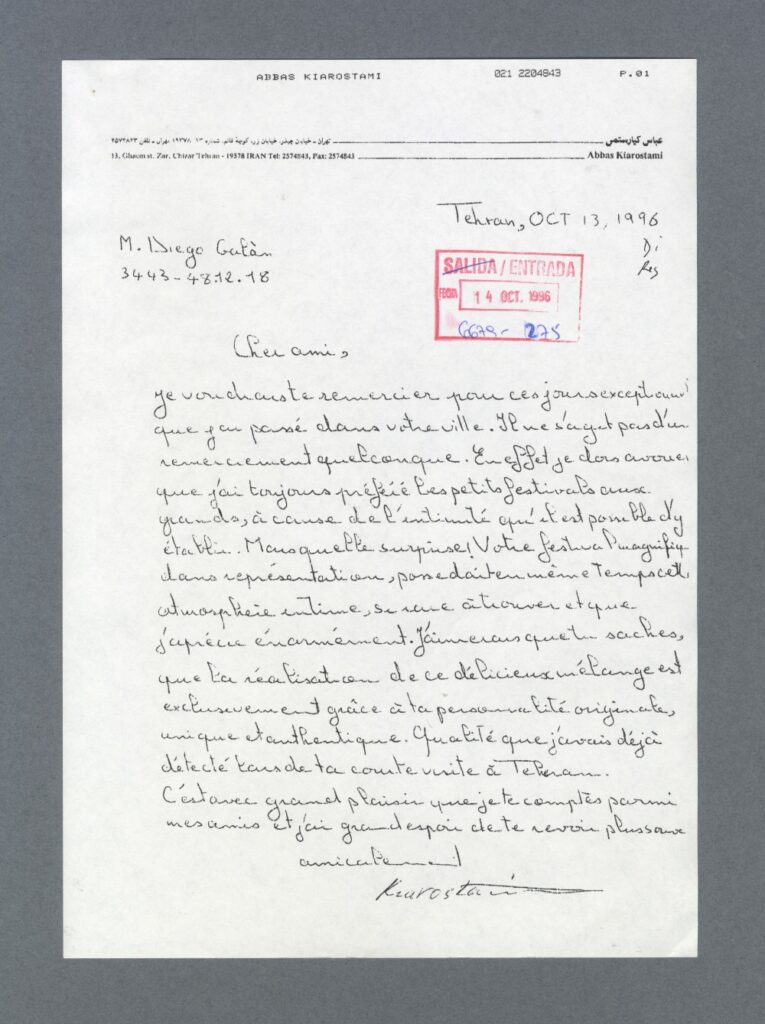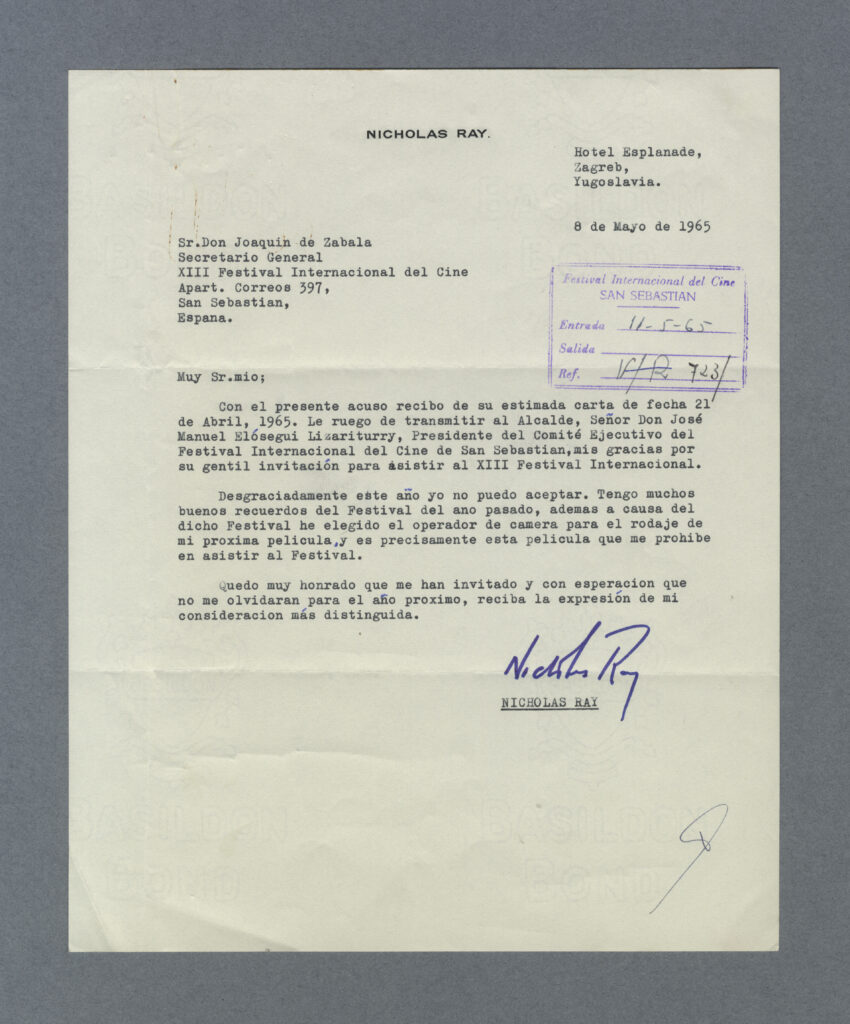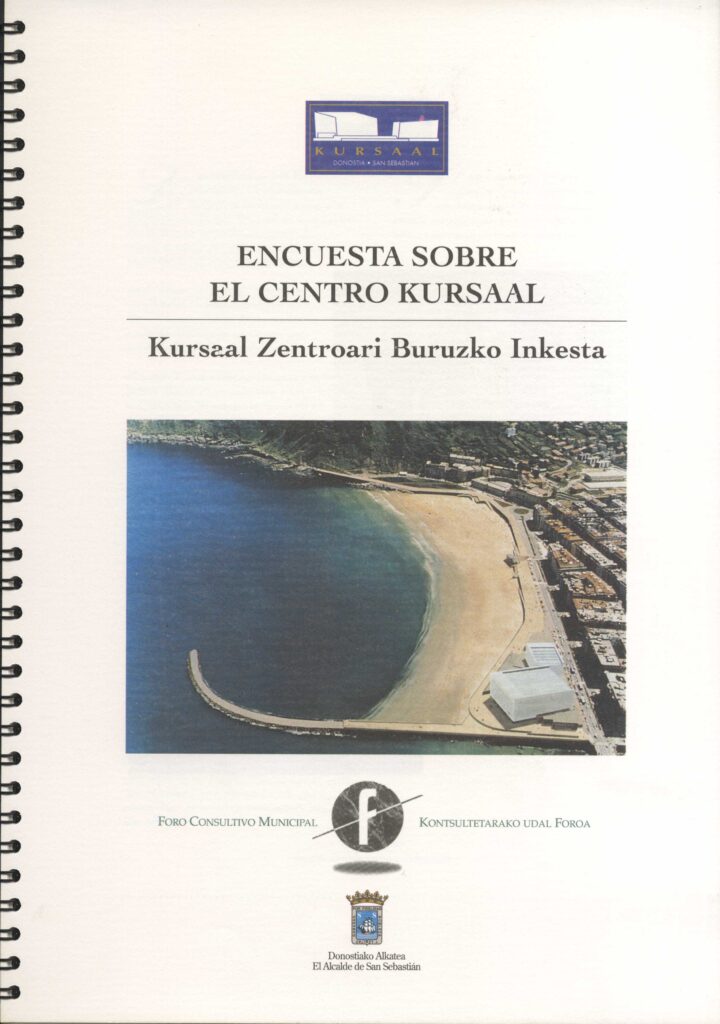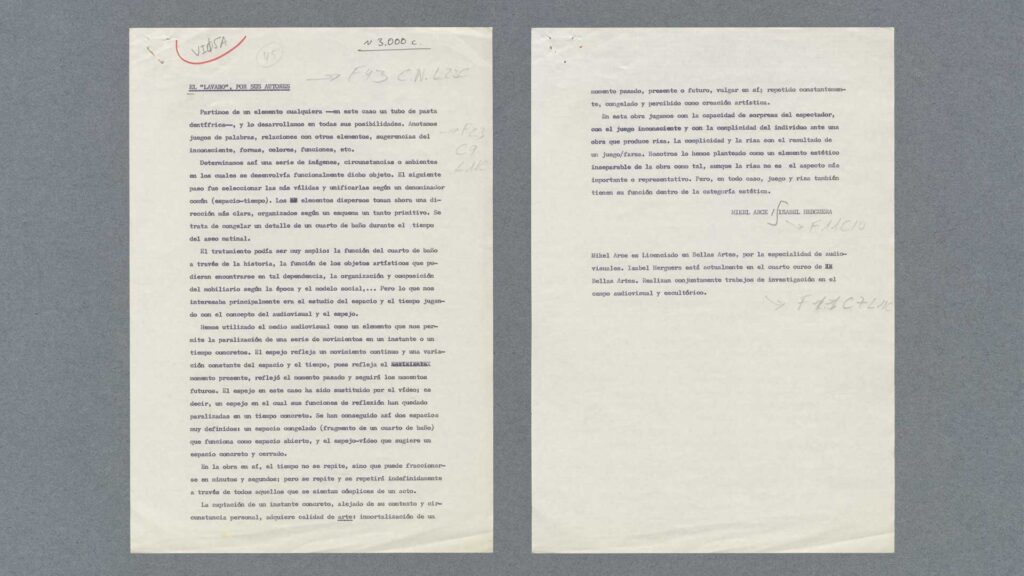January 2026
In April 1990, following the end of Diego Galán’s first term as festival director, Peio Aldazabal, who took over the director’s role for that edition, and the festival team made their first steps towards putting together the programme for the 38th edition. Among the new features, as recorded in the archive, was the proposal for a double retrospective: a tribute to Harry d’Abbadie d’Arrast and an ambitious series that sought to celebrate the work of film archive restoration under the evocative title “Volver a nacer” (Rebirth).
The first retrospective featured four films directed by d’Abbadie d’Arrast, all Hollywood American comedies, and two others directed by Charles Chaplin, A Woman of Paris (1923) and The Gold Rush (1925), in which the Argentine director of Basque origin had collaborated as artistic director and assistant director, respectively. Continuing with the tradition of the film festival, the Festival edited and presented, together with the Basque Film Archive, a monograph about him, written by José Luis Borau and illustrated by Ivan Zulueta, which was the first work ever on the filmmaker.
However, that 1990 edition also became a hub not only for the screening of films recovered by film archives and film libraries, but also for workers from these archives and European institutions, in a pioneering experience on the film festival circuit. In addition to the 44 films programmed, many of them unreleased after restoration and intervention processes and more than 40 years old, including early short and medium-length films by Orson Welles and Douglas Sirk, the first eight minutes of the programme Wintergarten (1895) (the first public screening using the bioscope) and the documentary El president d’Euzkadi, hoste d’honor de Catalunya, made by Laya Films in 1937 which records the arrival of Lehendakari Aguirre and the fundraising to help the Republican army, restorers, conservators and workers from dozens of film institutions and archives, members of the Union of European Cinematheques (UCE), gathered in San Sebastian to seek and discuss legislative and economic solutions in view of the imminent creation of the European Union, founded through the Maastricht Treaty just two and a half years after that collective experience.
As shown in the object reproduced, the hand-made programming and traffic charts for both retrospectives, the effort spanned several countries in an exercise of inter-institutional cooperation in the active search for unpublished film material, which in turn led, in that edition of the 1990 festival, to the celebration of one of the first meeting points for European film archives.
Full description sheet
Document
Internal programming document relating to the retrospectives “Volver a nacer” and “Harry d’Abbadie d’Arrast”
Identity statement area
ID: 47207
Catalogue number: AOAO | 1990.0145
Location: M05.B04.C07
Classification scheme: 4.1.10. Print traffic
Title: Internal programming document relating to the retrospectives “Volver a nacer” and “Harry d’Abbadie d’Arrast”
Date of creation: 1990
Level of description: Simple documentary unit
Extent and medium of the unit of description: 4 documents
Context area
Producer: San Sebastian International Film Festival
Content and structure area
Places: Donostia-San Sebastián
Conditions of access and use area
Conditions governing access: Conditions governing access
Conditions governing reproduction: Conditions governing reproduction
Control area
Preservation: Anna Ferrer, Andrea Sánchez
Cataloguing: Edurne Arocena (Ereiten)
Internal programming document relating to the retrospectives “Volver a nacer” and “Harry d’Abbadie d’Arrast” (1990) San Sebastian Festival Archive. [+]
Other documents of the month
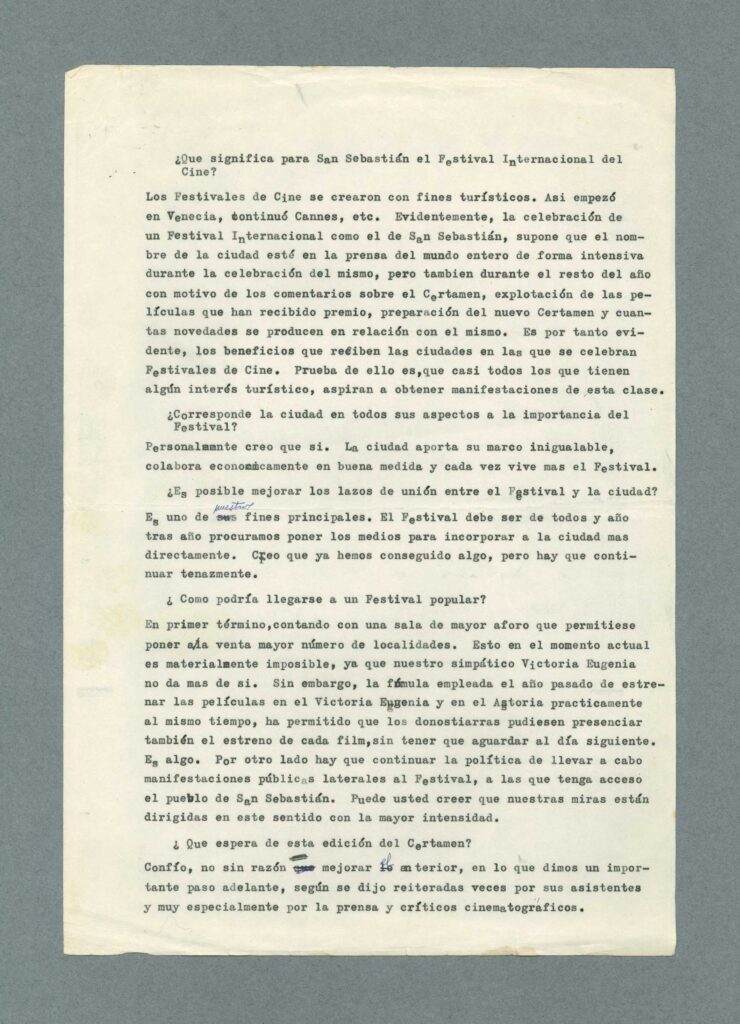
[+]
Interview with the competition organisers prior to the 16th edition in 1968 (1968) San Sebastian Festival Archive. [+]
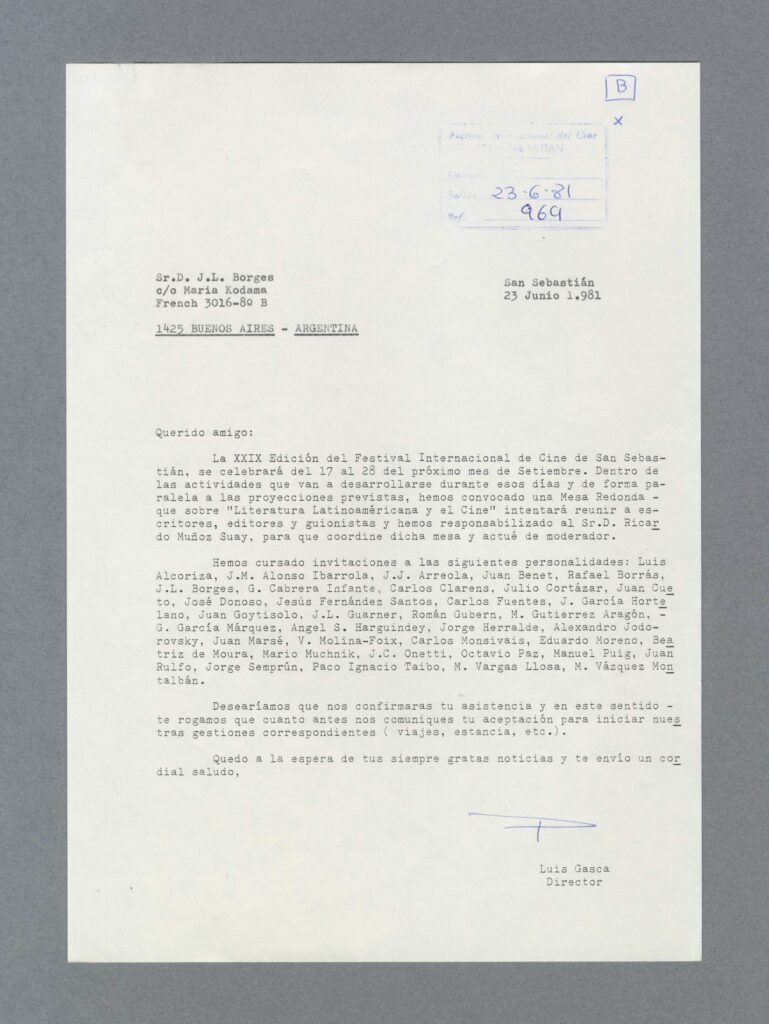
[+]
Letter from Luis Gasca to Jorge Luis Borges on the occasion of his participation in the round table discussion ‘Latin American Literature and Cinema’ (1981) San Sebastian Festival Archive. [+]
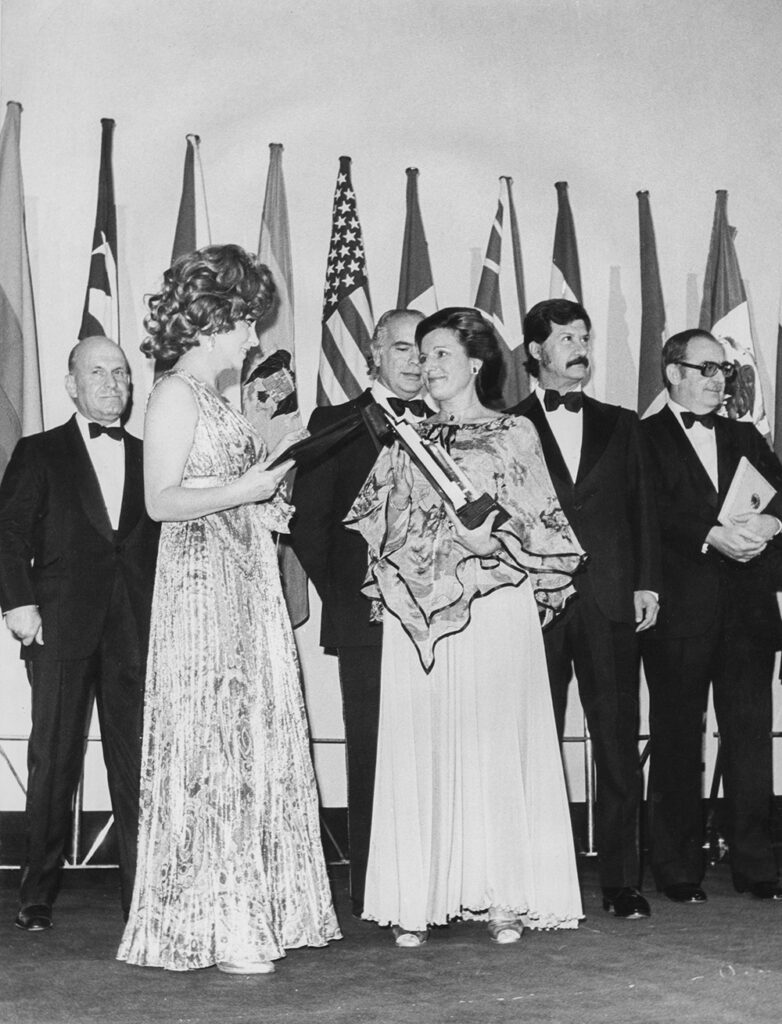
[+]
Actress Gina Lollobrigida presenting the San Sebastian Award for Best Female Performance to the distributor Procinor for “A Woman Under the Influence” (1975) San Sebastian Festival Archive. [+]

[+]
The actress Josefa Flores González, better known as Marisol or Pepa Flores, at the Hotel María Cristina (1960) San Sebastian Festival Archive. [+]
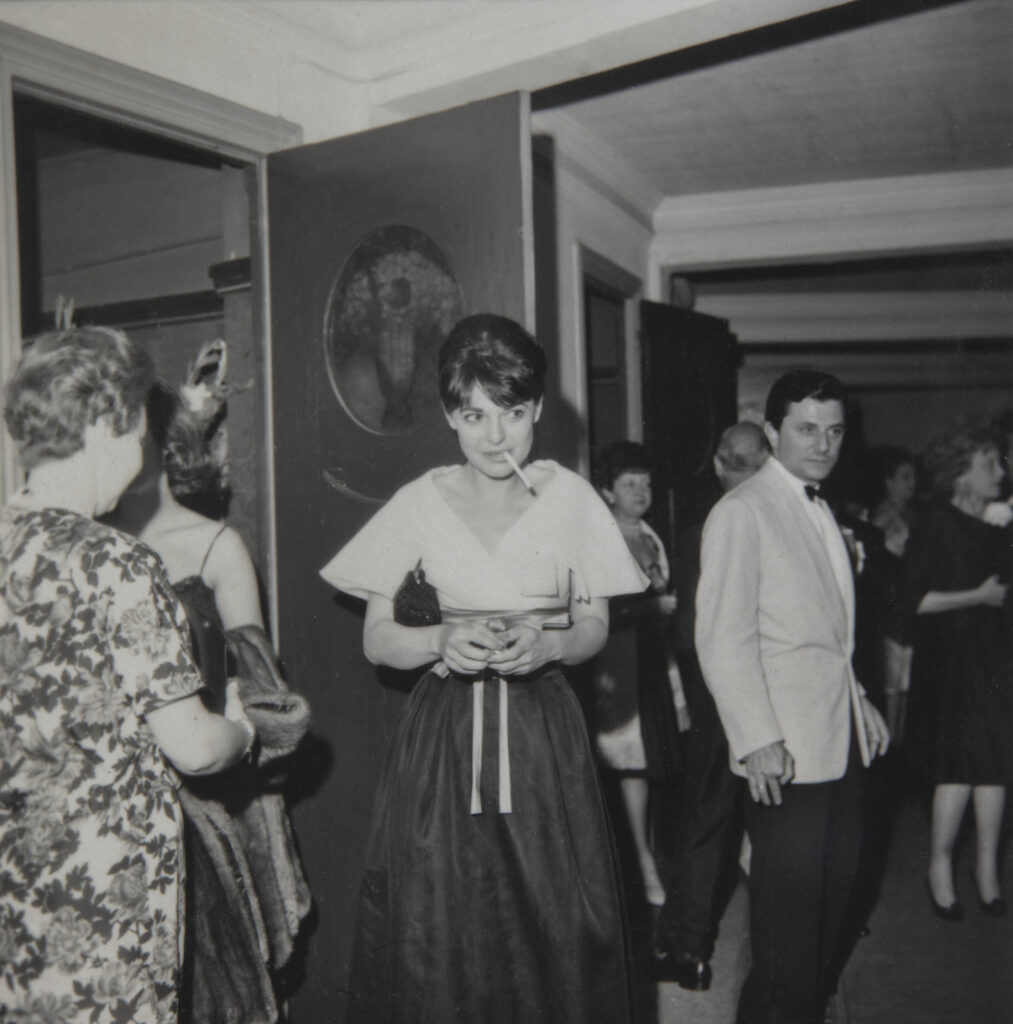
[+]
Anne Bancroft at the Victoria Eugenia Theatre’s boxes entrance during the presentation of the film “The Miracle Worker” (Arthur Penn) (1962) San Sebastian Festival Archive. [+]
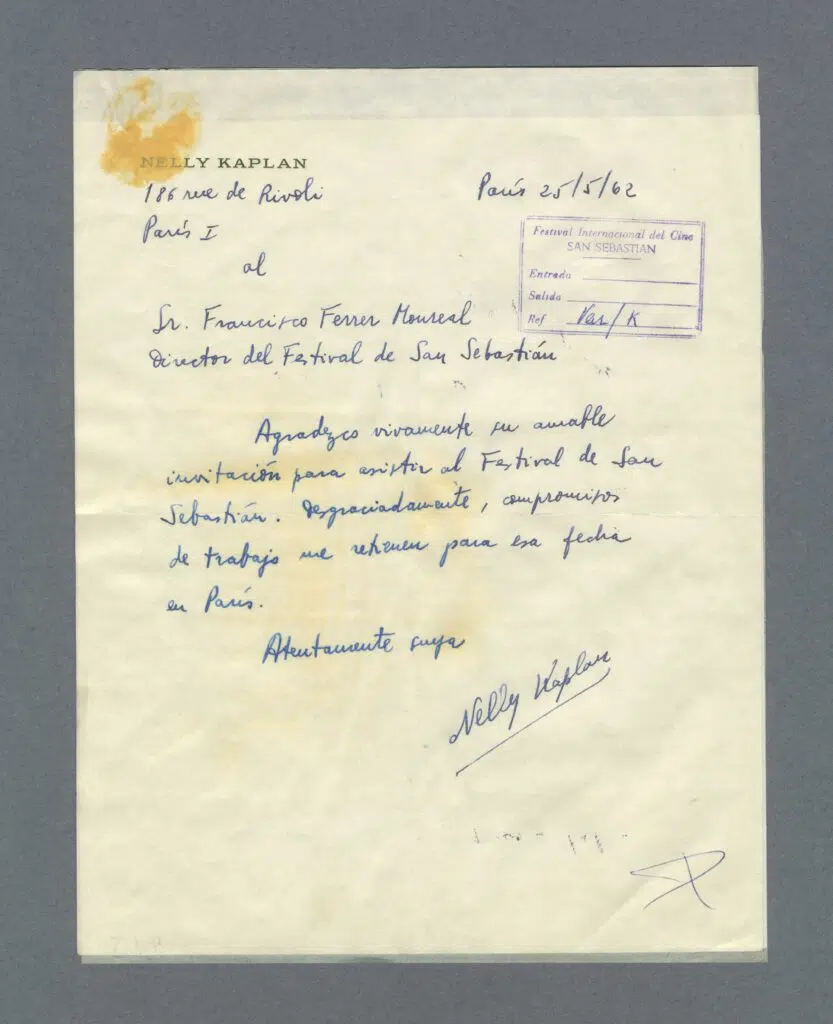
[+]
Letter from Nelly Kaplan to Francisco Ferrer on the invitation to the festival (1962) San Sebastian Festival Archive. [+]
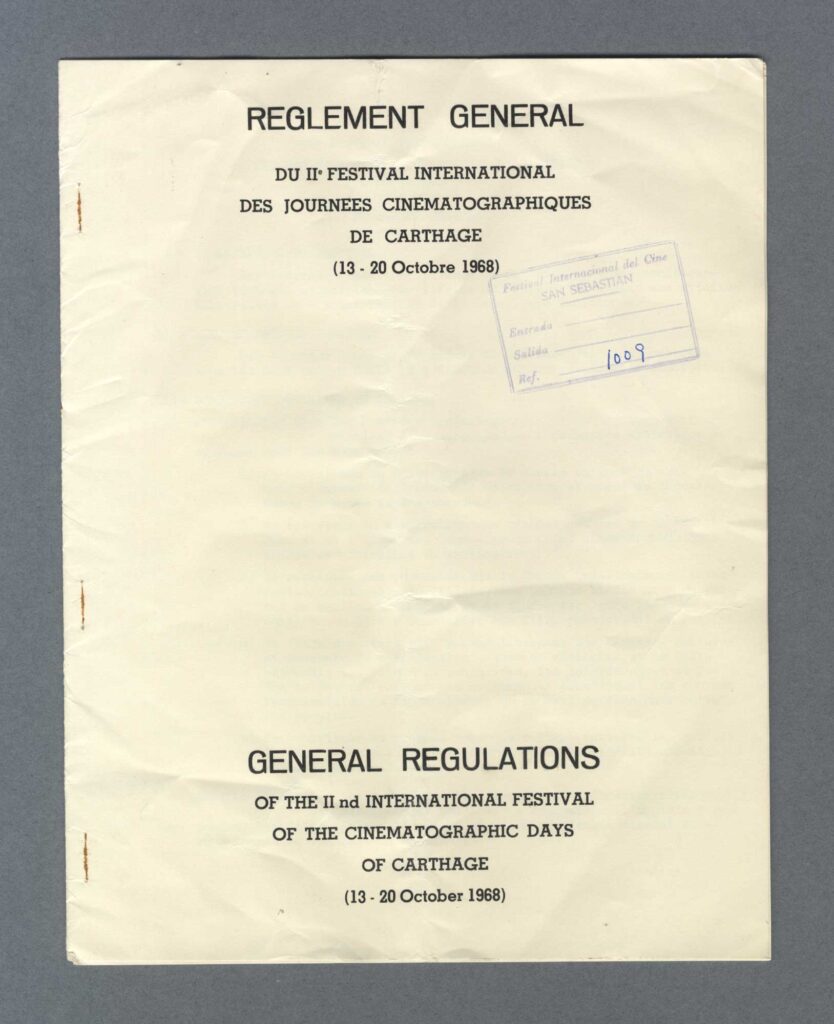
[+]
Regulations of the II Cartago International Film Festival (1968) San Sebastian Festival Archive. [+]
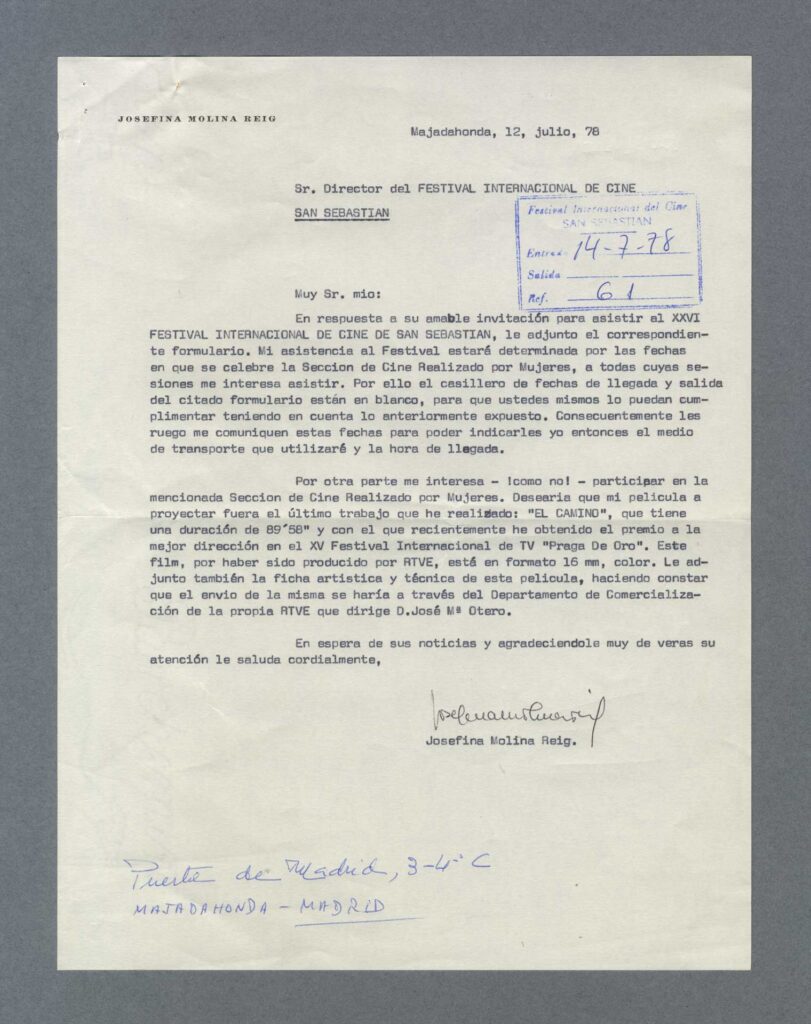
[+]
Letter from Josefina Molina to the Festival organisers (1978) San Sebastian Festival Archive [+]
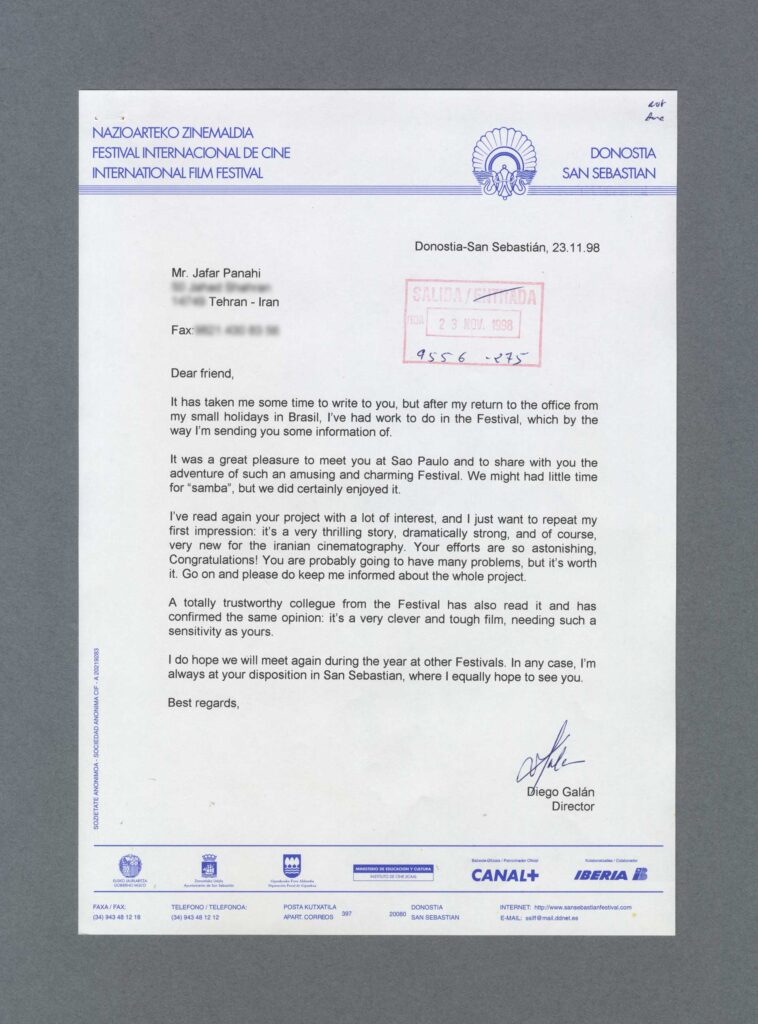
[+]
Letter from Diego Galán to film director Jafar Panahi (1998) San Sebastian Festival Archive. [+]
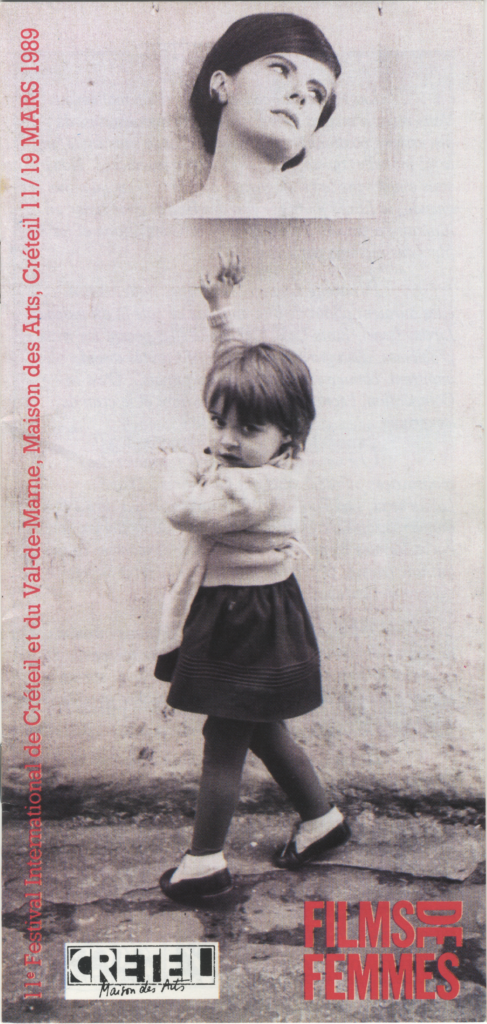
[+]
Program for the 11th edition of the Festival International de Films de Femmes de Créteil et du Val de Marne (1989) San Sebastian Festival Archive. [+]
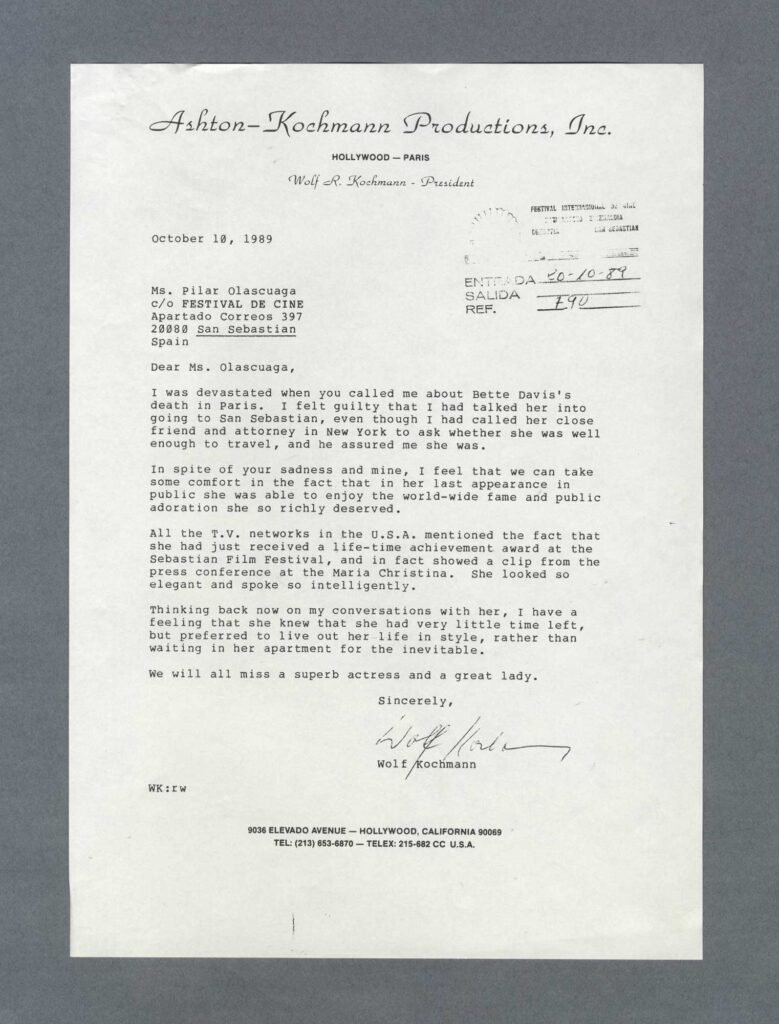
[+]
Letter from Wolf Kochmann to Pilar Olascoaga on the death of Bette Davis (1989) San Sebastian Festival Archive. [+]
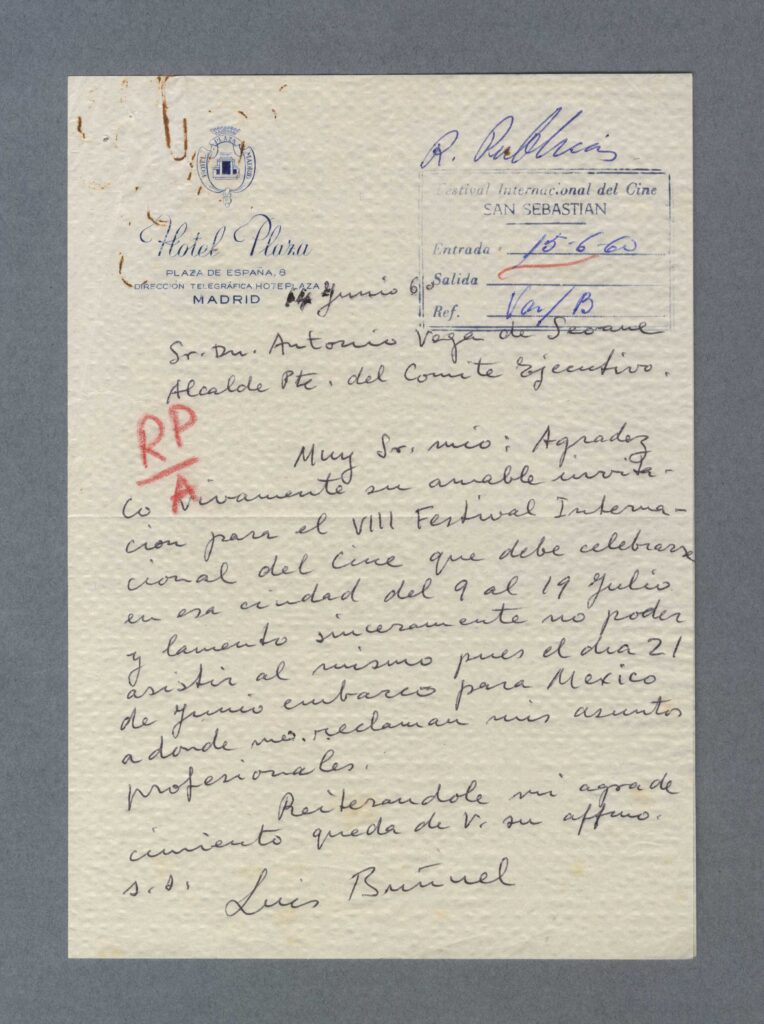
[+]
Letter from Luis Buñuel to the Mayor of San Sebastián Antonio Vega de Seoane (1960) San Sebastian Festival Archive. [+]
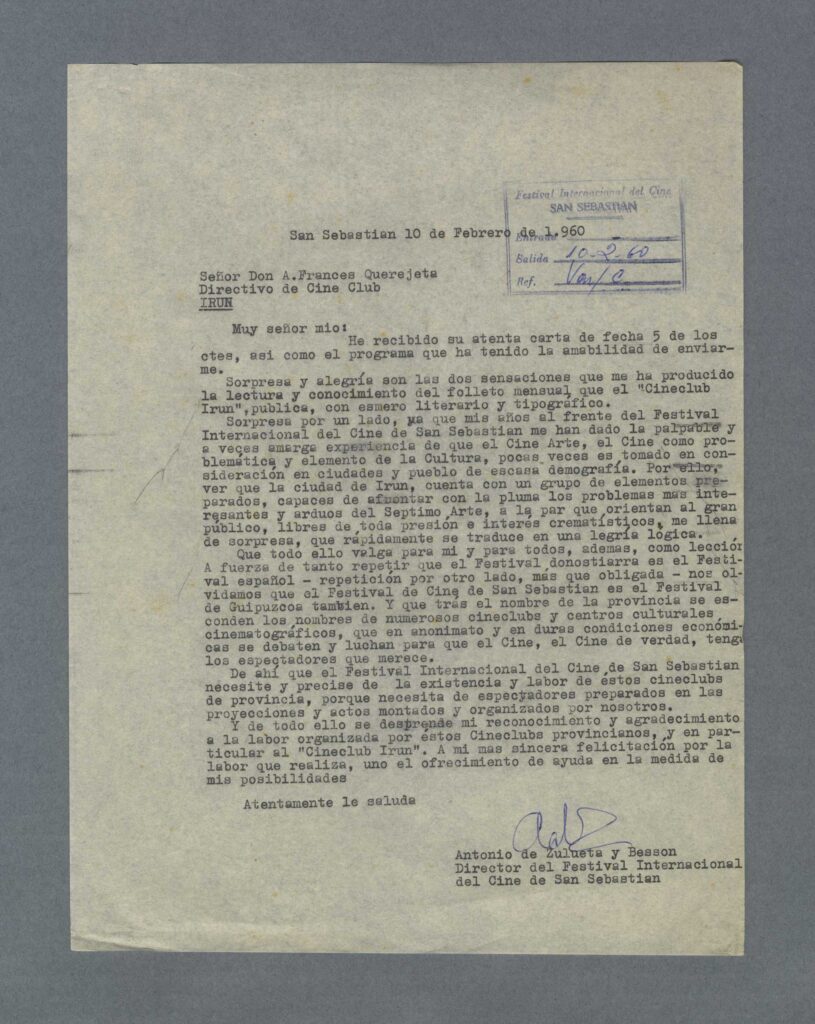
[+]
Letter sent by Antonio de Zulueta y Besson to the Cineclub Irún accepting to collaborate with them (1960) San Sebastian Festival Archive. [+]
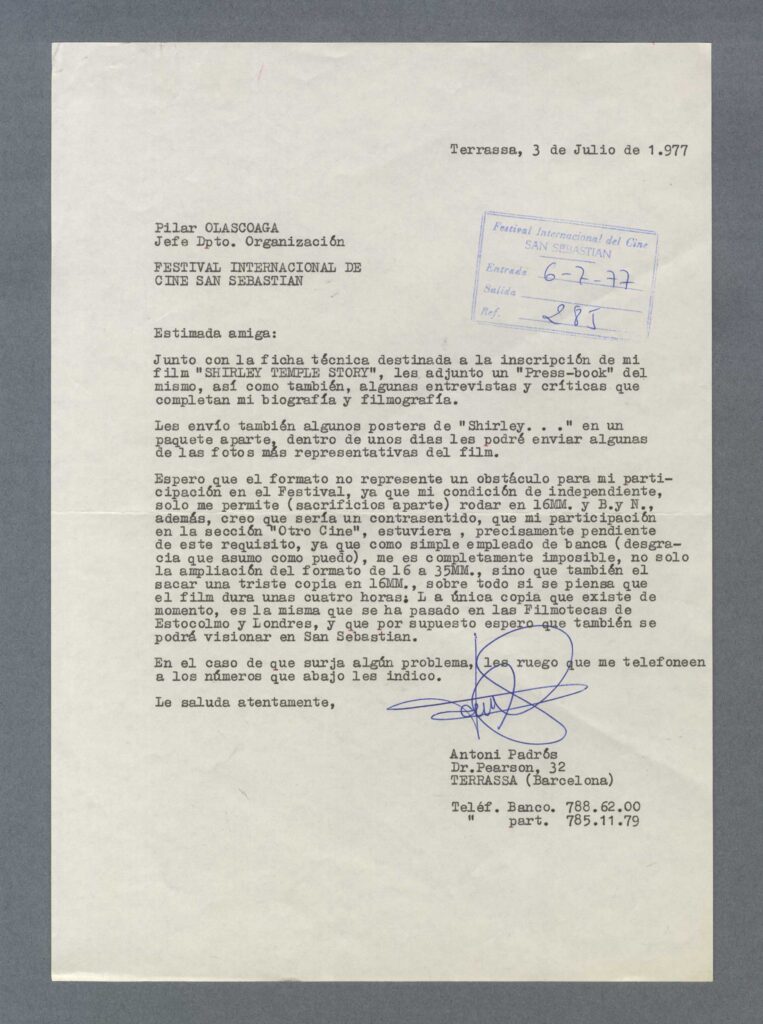
[+]
Letter from underground filmmaker Antoni Padrós to Pilar Olascoaga (1977) San Sebastian Festival Archive. [+]
